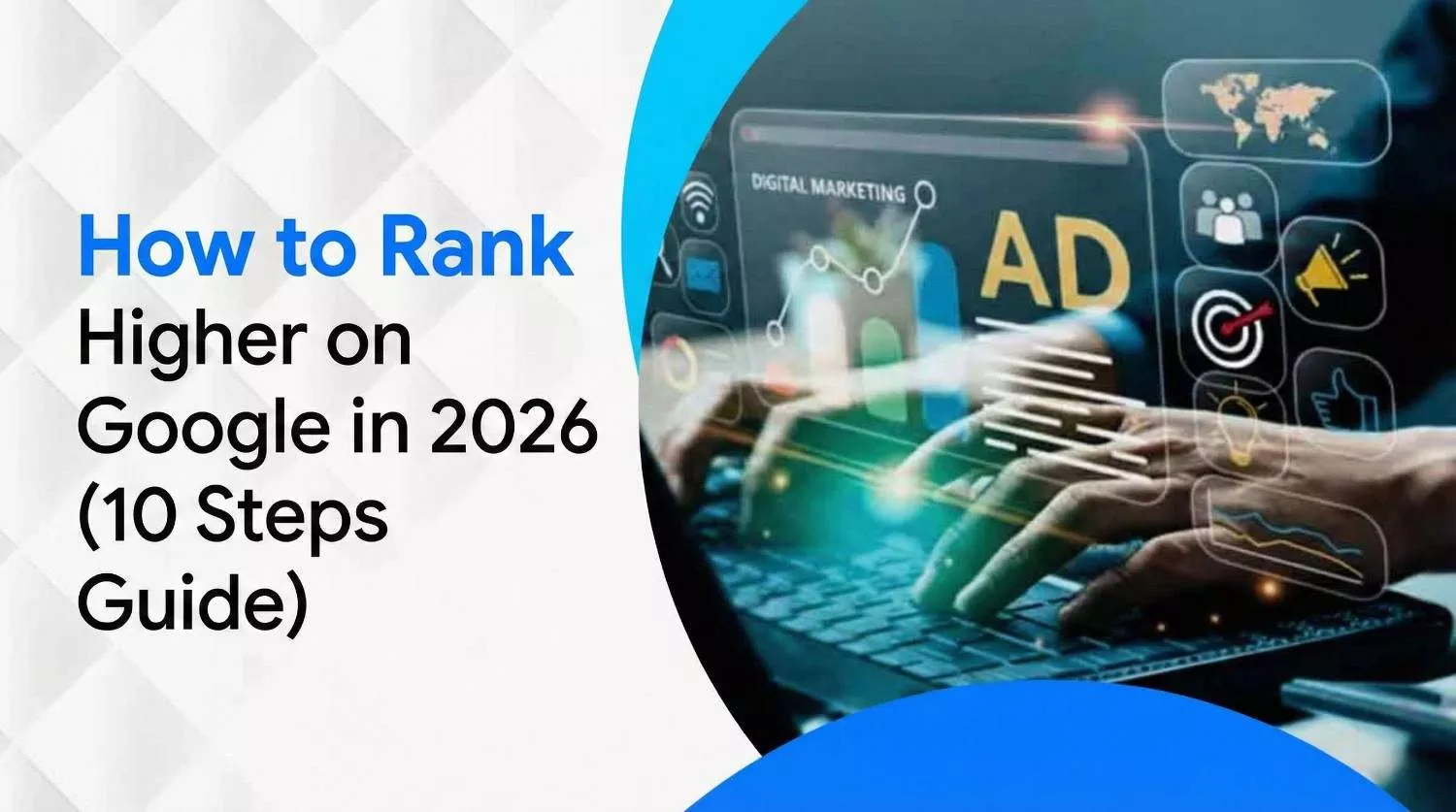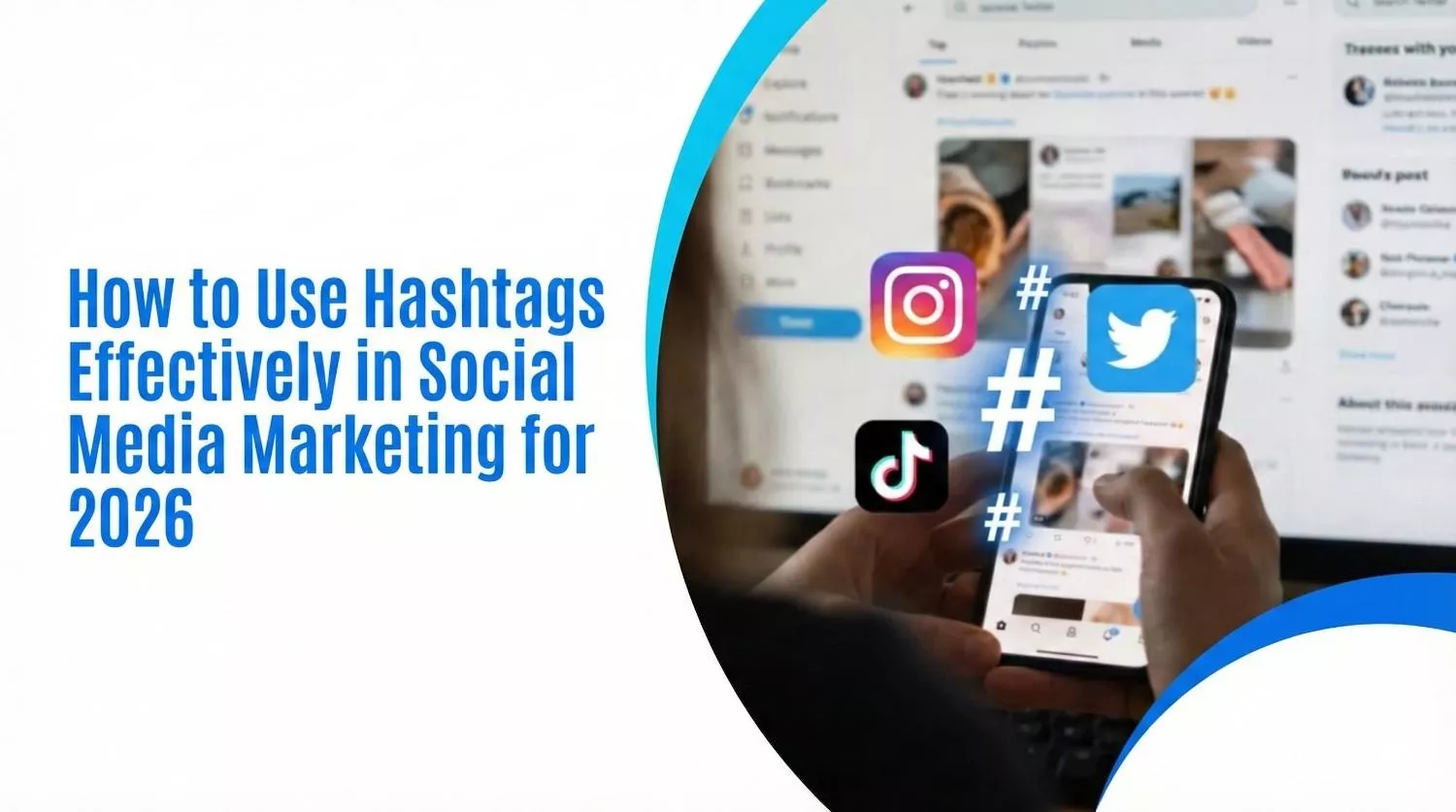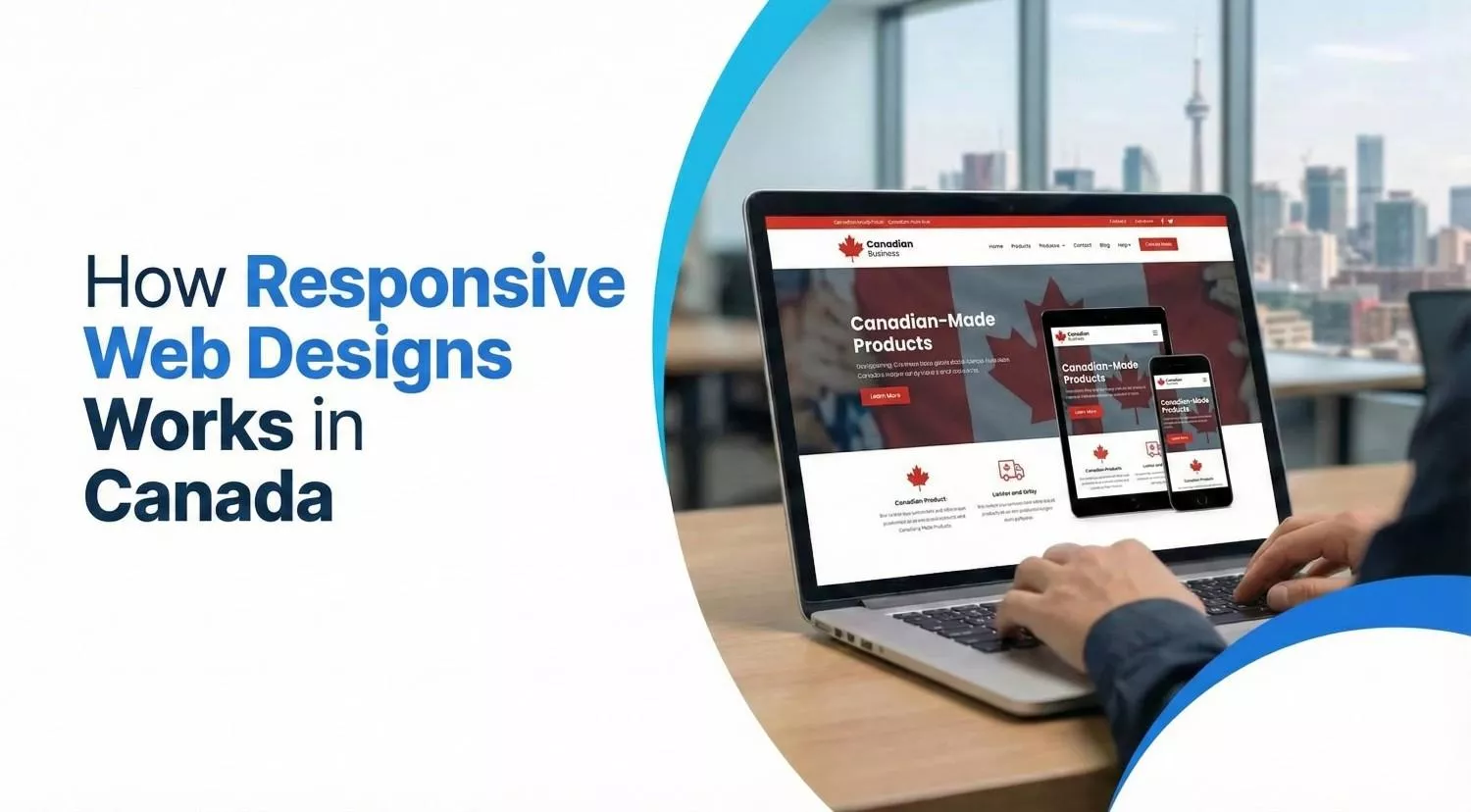
How To Use Seo & Content Marketing to Increase Brand Awareness
July 31, 2025
| Khadija Raees | Reviewed by Haseeb Hamdani
Ever wonder how some brands seem to pop up everywhere online magically? It’s not magic, it’s smart SEO & content strategy. If you want to boost brand awareness, improve your brand visibility, and become the go-to name in your industry, then buckle up.
We’re diving into the world of SEO and content marketing tactics that really work.
Let’s make your brand unforgettable (in a good way).

What Is Brand Awareness and Why Does It Matter?
Think about your favorite soft drink. Did it come to mind instantly? That’s unaided brand recall. Now, what if someone listed out drink names and then you recognized it? That’s aided brand recall.
Guess which one’s better for your business? Yup, unaided. You want people to remember your name without a hint.
That’s what a solid brand awareness campaign aims for.
How SEO and Content Marketing Work Together to Boost Brand Visibility
Using SEO and content marketing together isn’t just smart, it’s essential if you want to boost brand visibility, attract the right audience, and grow long-term trust.
Here’s how to blend both into a winning SEO & content strategy:
1. Do Keyword Research Based on Your Brand Goals
Before writing anything, you need to know what your audience is searching for. This is where SEO kicks off.
Goal: Find keywords that reflect your niche, problems your audience wants to solve, and topics related to your industry.
Types of keywords to include:
- Non-branded keywords: These help attract new users (e.g., “best email marketing tools”)
- Branded keywords: For improving brand recall and search authority (e.g., “Wideripples content strategy”)
- Long-tail keywords: Phrases with specific intent (e.g., “how to increase brand awareness with content”)
SEO content tip: Mix in both branded vs non-branded SEO terms across blog posts, product pages, and even FAQs.
2. Create Helpful, SEO-Optimized Content That Builds Brand Recognition
Content marketing isn’t about churning out blog posts. It’s about creating valuable, relevant, and shareable content.
Types of content to focus on:
- Educational blog posts (e.g., “What is Generative Engine Optimization and Why It Matters”)
- Visual guides and infographics
- Customer stories and case studies (great for brand building!)
- Video explainers or short tips on social platforms
Each piece should:
- Be optimized for SEO (with the right structure and keywords)
- Provide real value (not just fluff)
- Match your brand content marketing voice and tone
This builds content marketing brand recognition over time and keeps your brand top of mind.
3. Use On-Page SEO to Boost Your Content’s Google Visibility
Don’t just write great content, optimize it for search visibility in SERPs.
Here’s what to include:
- Use target keywords in headlines, subheadings, and meta descriptions
- Add internal links to related blog posts or service pages
- Include alt-text on images for better image SEO
- Use schema markup when relevant (especially for how-tos or product reviews)
You also want your content to be AI-ready. That means optimizing for:
- AI Overviews inclusion (structured data + helpful summaries)
- RAG (retrieval-augmented generation) content that clearly answers questions
- Voice-friendly answers for smart assistants
These tactics help improve organic non-branded traffic and audience reach expansion.
4. Promote Your Content to Grow Brand Reach
Once your content is live, it’s time to amplify it.
Use content distribution channels like:
- Social media (organic + paid boosts)
- Newsletters
- Podcasts or guest appearances
- Influencer partnerships
- Communities like Reddit or LinkedIn groups
Bonus: Encourage shares and backlinks. This boosts your domain authority, user engagement metrics, and overall share-of-voice growth.
You’re not just creating content, you’re building a system for long-term brand visibility.
5. Track SEO & Content Performance to Improve Brand Awareness
SEO and content are ongoing efforts. Measure your performance using tools like Google Analytics, Search Console, or Semrush.
Key things to track:
- Keyword rankings (especially non-branded terms)
- User engagement metrics like time on page and bounce rate
- Social listening and brand mentions growth
- Unaided vs aided brand recall via surveys or brand lift studies
Refine your strategy based on what performs best. Tweak topics, try new formats, and keep experimenting.
Brand Awareness SEO Example: Eco-Friendly Packaging Business
SEO keyword: “eco-friendly packaging for small business”
Content idea: “Top 10 Eco-Friendly Packaging Ideas to Impress Your Customers”
Distribution: Share on Instagram, LinkedIn, and tag sustainable business hashtags
Goal: Improve brand SEO, attract non-branded traffic, and earn backlinks
Outcome: More visibility, stronger brand awareness, and improved brand recall
Repeat this formula across different topics to create a content engine that drives awareness day and night.
Time to Boost Your Brand Awareness the Smart Way
Want to make your brand the first name people think of? Don’t go it alone.
A great SEO & content strategy takes time, creativity, and a touch of tech know-how. That’s where the pros come in.
Ready to build a bold, unforgettable brand? Contact Wideripples for expert SEO and content marketing that delivers results.
They’ll help you:
- Craft a custom brand awareness campaign
- Use branded and non-branded SEO wisely
- Create killer content that reaches, engages, and converts
Let the pros handle your content marketing tactics while you focus on growing your business.
Quick FAQs
How does SEO help increase brand awareness?
SEO increases brand awareness by improving your search visibility in SERPs, making it easier for people to find your business when they search online. It helps attract organic non-branded traffic, expanding your reach to new audiences.
How do I optimize for AI Overviews and LLM responses?
Structure content with clear headings, concise answers, and schema markup to increase chances of AI Overviews inclusion. Use RAG (retrieval-augmented generation) techniques to make your content LLM-friendly and highly discoverable.
Is PR and influencer marketing part of a content SEO strategy?
Yes, both boost brand mentions, earn high-authority backlinks, and enhance your content marketing brand recognition. They also amplify your reach across wider, engaged audiences.
Can SEO and content marketing reduce customer acquisition costs?
Yes! They drive long-term organic traffic, lower reliance on paid ads, and improve conversion rates through trust-building content.
How often should I publish content to grow brand visibility?
Publishing consistently, like weekly or biweekly, helps improve search rankings and maintain steady brand visibility. Quality matters just as much as frequency, so keep it useful and on-brand.
What KPIs matter for measuring SEO-driven brand awareness?
Track organic traffic, keyword rankings, brand mentions, and engagement metrics like time on page and bounce rate. Monitor growth in audience reach, expansion, and backlinks too.
How can I track brand awareness from my SEO and content campaigns?
Use tools to measure share-of-voice growth, social listening and brand mentions, and changes in organic traffic. Surveys can also measure unaided vs aided brand recall over time.
What content formats are best for increasing brand awareness?
Blog posts, videos, infographics, and case studies are great for content amplification strategies and audience engagement. Choose formats your audience loves and distribute them through multiple content distribution channels.
Should I focus on branded or non-branded SEO for brand recognition?
Start with non-branded SEO to reach new audiences, then mix in branded SEO to strengthen brand recall. A balanced approach helps grow both awareness and recognition over time.
What role does content marketing play in boosting brand visibility?
Content marketing builds trust and keeps your brand top of mind by sharing valuable, relevant content. It supports brand building and increases user engagement metrics across your channels.
Disclaimer: The information provided in this blog is for general informational purposes only. For professional assistance and advice, please contact experts.
Search Here
More Categories
Latest Posts
About Author
Khadija Raees
Khadija Raees, a graduate in Computer Sciences, has five years of experience in SEO writing and content creation. She focuses on writing highly...







